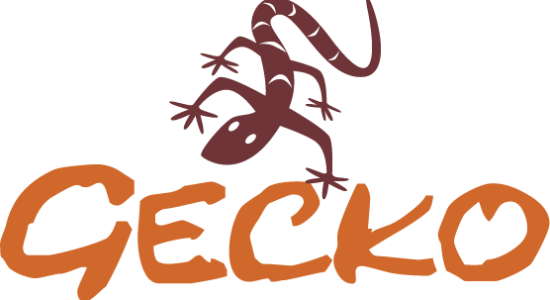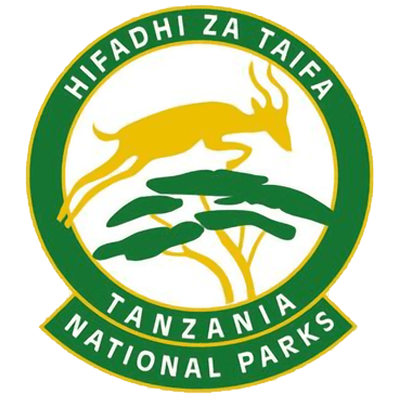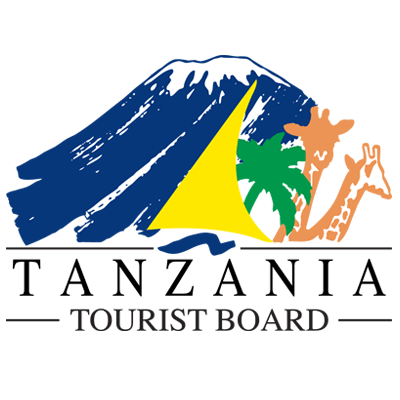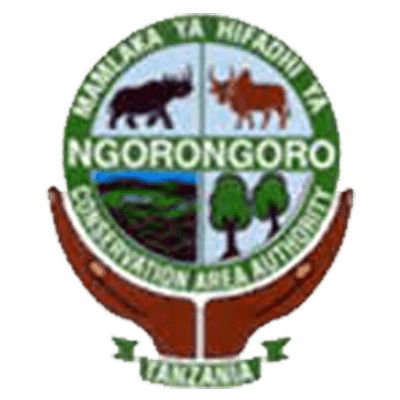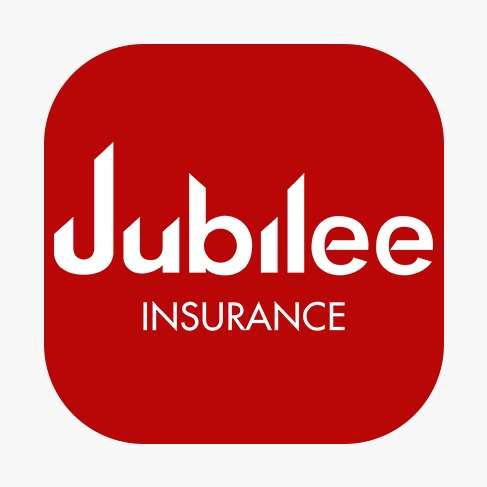7 Days
Rongai Route
Call Our Expert Now
+255 784 991 576
Send an Enquiry
Fill Out The Online Enquire Form
Request Call Back
Enter a Time For Us to Call You
Tour Overview
The only route that approaches Kilimanjaro from the north is the Rongai Route is the only route that is close to the Kenyan border. The route experiences low crowds however is gaining popularity among climbers. This Kilimanjaro Route is most preferred for those who are looking for an option other than the Marangu route. Although Rongai is a more or less difficult route, it is highly recommended for those with less backpacking experience.
- TOUR PROGRAM
Day 1: Nale Muru Gate (6,400 ft/1,950 m) to Simba Camp (9,020 ft/2,750 m) 8km, 3-4 hours
Following breakfast, you will have a briefing from your guide. At 8 am, our staff will drive you Moshi to the wooded village of Nale Muru. The drive past villages and many coffee plantations will take 4-5 hours.
When you arrive, your guides and porters will prepare your equipment and supplies while you complete registration with the Kilimanjaro Park Office. You will begin your trek through fields of maize and potatoes before you enter the pine forest. Your ascent begins in the forest occupied by various wildlife. The trees of the forest become sparser as you reach the Simba Camp which is near the First Cave.
Your camp sits at the edge of the moorland zone with spectacular views of the plains of Kenya. When you arrive, you will find your camp and tent is already set up by the porters who ran ahead. They will bring you boiled drinking water and washing water in preparation for dinner.
Day 2: Simba Camp (9,020 ft/2,750 m) to Kikelewa Camp (11,810 ft/3,600 m) 17km, 7 hours
After breakfast, you pack up for the day’s trek, which will consist of moorland terrain. The trek to Second Cave is pretty consistent with respect to grade and ascent. Along the way, you will catch some terrific views of Kibo and get your first glimpse of the ice fields on the Eastern crater rim.
The small shrubs of the moorland became thinner as you approve the Second Cave. This is where you will stop for a short rest and have your lunch. At this point, you will break off of the beaten path and head east across the moorland on a less-travelled path toward Mawenzi.
After trekking 10km, you will enter a cosy valley filled with the giant Senecios plants and the nearby Kikelewa Cave. It is here at the Kikelewa Camp where you will settle in for the night.
Day 3: Kikelewa Camp (11,810 ft/3,6000 m) to Mawenzi Tarn (14,205 ft/4,330m) 7km, 4 hours
After breakfast and packing, you begin your relatively short hiking day ascending up steep, grassy slopes. Atop the slopes, you are gifted with a beautiful 360 panoramic view. Continuing on, you leave behind all traces of vegetation as you enter into the semi-desert terrain.
It doesn’t take long now to reach the Mawenzi Tarn, which sits beneath the soaring peaks of Mawenzi. Spend the rest of the afternoon exploring this stimulating range.
Day 4: Acclimatization Day at Mawenzi Tarn
Day 4 is your extra day on Kilimanjaro, but you won’t just sit around at camp. The secret to the higher success rate of the 7-day itinerary is in today’s acclimatization hike. You will begin your day like any other on the mountain and then start a short hike towards Mawenzi.
Depending on how you feel and your pace, you will ascend for 2-3 hours before returning back to camp. The round trip typically takes 3-5 hours. You will spend another night here at Mawenzi Tarn before continuing your journey to Uhuru Peak.
Day 5: Mawenzi Tarn (14,205 ft/4,330m) to Kibo Huts (15,400 ft/4,695m) 8 km, 5 hours
After an early breakfast and packing your day pack, you begin your hike by crossing saddle between Mawenzi and Kibo. The terrain here resembles that of a lunar desert.
You will begin your hike early in the morning to ensure you reach the next camp in time to rest before your summit bid. Today’s hike will take you just below the Kibo crater wall where you will camp in the Kibo Huts. At this point, you will join up with the Marangu Route which you will use to hike to the summit.
You will prepare your clothing and equipment (replace batteries for headlamp and camera) before you go to bed by 7 PM and try to catch a few hours of shuteye before your summit attempt!
Day 6: SUMMIT DAY! Kibo Huts (15,400 ft/4,695m) to Uhuru Peak (19,340 ft/5,895 m) to Horombo Huts (12,100 ft/3,690 m) 6 km up and 16 km down, 6-8 hours up, 4-5 hours down
Wake for breakfast at midnight and prepare for your summit ascent. Depart at 1 AM with the goal of reaching a peak near the same time as sunrise. Your trek will be full of switchbacks, winding you up the steep scree before reaching Gilman’s Point on the rim of the crater (18,640 ft/5,861 m) between 5 and 7 AM.
Here, you are greeted by the snow-filled crater and its icecaps. Hiking along the crater rim, you will reach Uhuru Peak around 9 AM. Congratulations, you are now standing on the roof of Africa! You will have time to take pictures with the world-famous Uhuru Peak sign, but it is important to begin your descent soon in order to allow yourself enough time to rest at the Kibo Huts.
Upon reaching back to Kibo, have lunch, grab some much-needed rest, pack up, and return to the Horombo Huts. Enjoy some dinner and some well-deserved sleep.
Day 7: Horombo Huts (12,100 ft/3,690 m) to Marangu Gate (6,000 ft/1830 m) 20 km, 11-13 hours
- EXPECTED TO SEE




recommended on tripadvisor

TANZANIA TRAVEL
Specialist
Start planning your tailor-made holiday to tanzania tell us what you want, and we will tailor make your perfect trip.
- ENQUIRE THIS TOUR
What’s included:
- Delicious meals a day, boiled and filtered drinking water while on the mountain.
- All park entrance, camping, and rescue fees
- Warm water for washing to be provided every morning and evening.
- Oxygen Cylinder – only for emergency
- English Speaking Guides (Wilderness First Responder certified), cook and porters
- Staff salaries and fees.
- Transport to/from national park gates.
- First aid kit and pulse oximeter.
- Emergency telephone between the guides and our office in Moshi town.
- 3 liters of bottled drinking water to be provided on the first day of your hike, on the mountain porters will fetch water from the streams to be boiled and filtered for you.
What’s Not included:
- Prices Do Not Include Sleeping Bags
- Gratuities
- Soda/Alcohol Unless Otherwise Noted
- Health Insurance
- Visa Fees
- International Airfare
- Laundry
- All Meals And Drinks In Moshi Town
Start Planning Your Truly Bespoke Itinerary By Contacting One Of Our Destination Specialist.
Call/Whatsapp
+255 78 4991 576
recommended on tripadvisor

TANZANIA TRAVEL
Specialist
Start planning your tailor-made holiday to tanzania tell us what you want, and we will tailor make your perfect trip.
- ENQUIRE THIS TOUR

